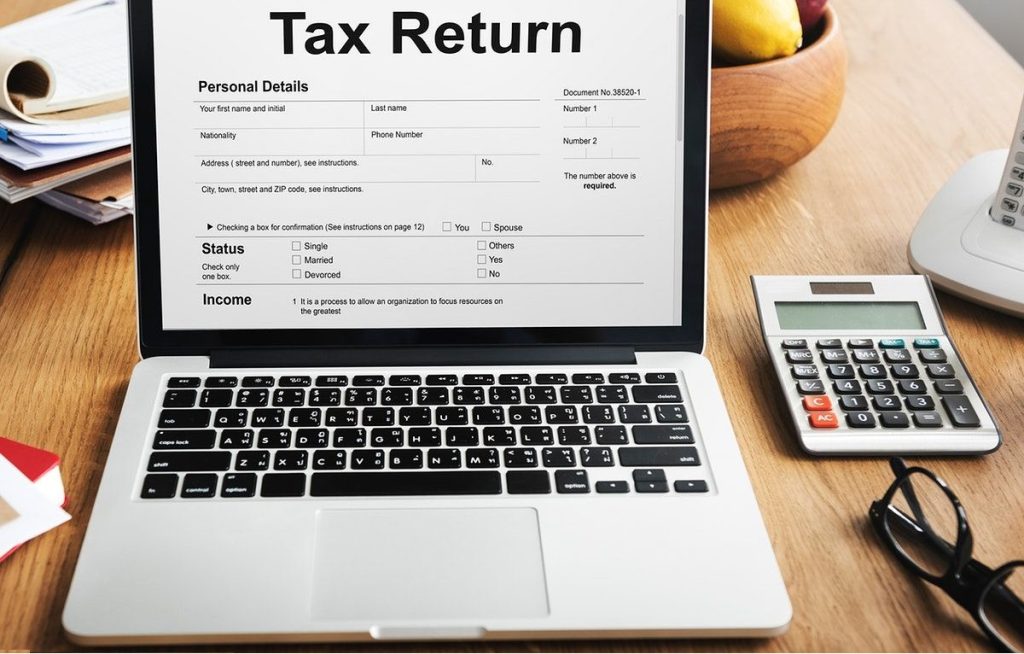Under Ghana tax laws, you must file a personal income tax return for each year of assessment. A year of assessment is the tax year in which you make the income.
Read on to understand what a personal income tax return is, and what goes in, so you file personal income tax returns that are correct.
What is Personal Income Tax Return?
This is a form on which you declare income earned for the year of assessment. There are three sources of income – employment, business and investment. You must declare income earned from each source, deductions and reliefs claimed, the tax payable and tax paid.
Assessable income
Tax law has rules for calculating the income to tax. This income calculated by the rules is the “assessable income”. Income calculated for tax may differ from accounting income.
Chargeable Income
Chargeable income is the total assessable income minus deductions and reliefs. You apply the tax rate to chargeable income to calculate the tax due.
Tax Reliefs
Tax reliefs reduce your tax. You must meet the conditions of the relief to claim it. The tax reliefs that available are:
- Responsibility or Marriage Relief
- Cost of Training
- Disability Relief
- Aged Dependent Relative Relief
- Child Education Relief
- Old age Relief
The government uses tax reliefs to promote its social and economic goals.
Tax Payable
You calculate the tax charge by applying the tax rates to your chargeable income. It is the tax due based on the income you make.
Tax payable is how much you must pay after you deduct taxes you’ve prepaid and tax credits from the tax charge. PAYE, the tax withheld on employment income, is an example of a tax credit.
Tax Refund
Tax refund is due when your prepaid taxesand tax credits are more than the tax charged for the year. The Ghana Revenue Authority (GRA) owes you.
The GRA can refund the overpayment in cash or give you a tax credit. You can use a tax credit to reduce future taxes.
Who must file a Personal Income Tax Return?
If you earn income for a year of assessment, must file a personal income tax return. If you are registered for taxes, you must file a personal income tax return, even if you did not earn income in the year.
What is the Deadline for filing Personal Income Tax Returns?
You must file personal income tax returns not later than four months after each year of assessment. The deadline for filing personal income tax returns for 2018, for example, is 30th April 2019. The Commissioner-General can grant up to 60 days extension for filing returns. To get an extension, you must apply before the deadline for submission.
Why is it important to file a Personal Income Tax Return?
There are several reasons you must file a personal income tax return:
- It is a civic duty of every citizen
- You can incur a heavy penalty if you do not file returns. The penalties levied are:
- Penalty for not submitting on time–GHC 500 plus GHC 10 for each day after the deadline that the return is outstanding.
- Late payment interest–GRA uses a compound interest of 125% of the Bank of Ghana’s policy rate. See section 51 & 53 of the Revenue Administration Act 2016 (Act 915)
- Filing an income tax return is a condition for getting a Tax Clearance Certificate (TCC). Without, you will not get a TCC.
Contact us for more information and help at in**@sc*.gh or visit our website.

